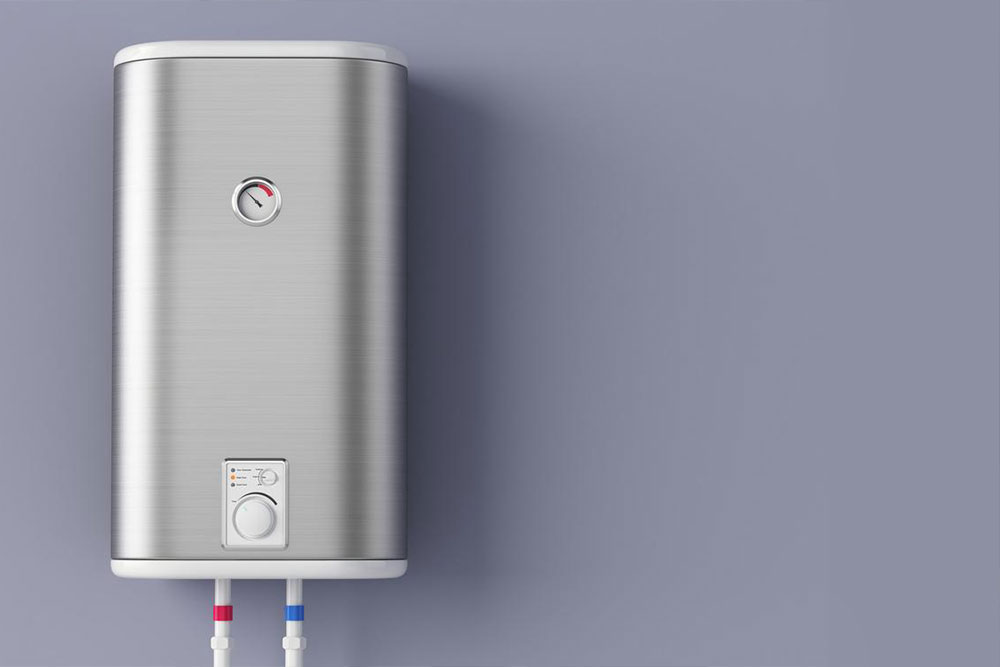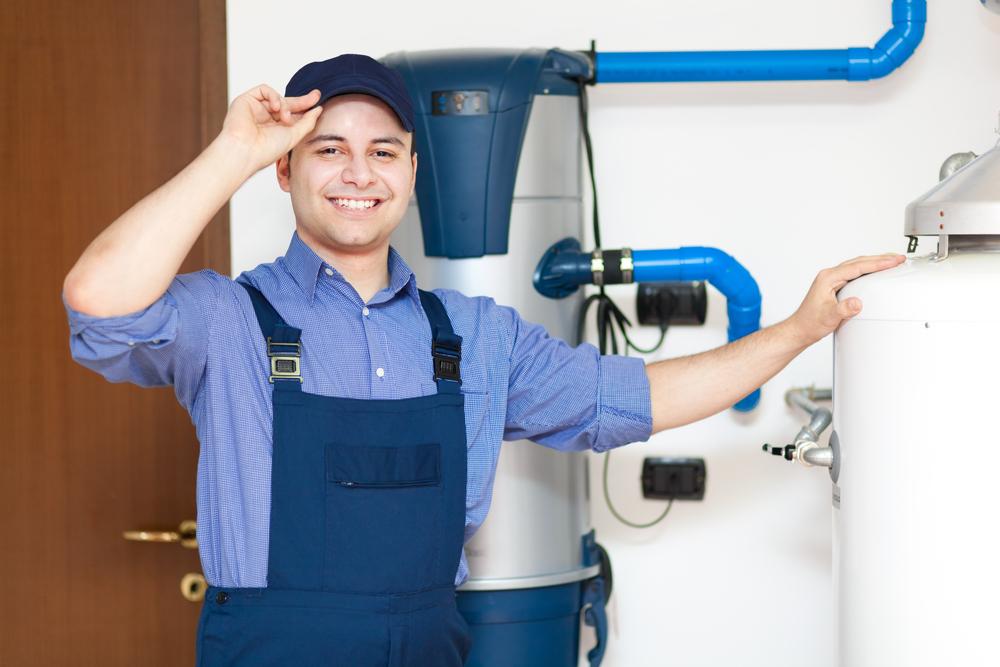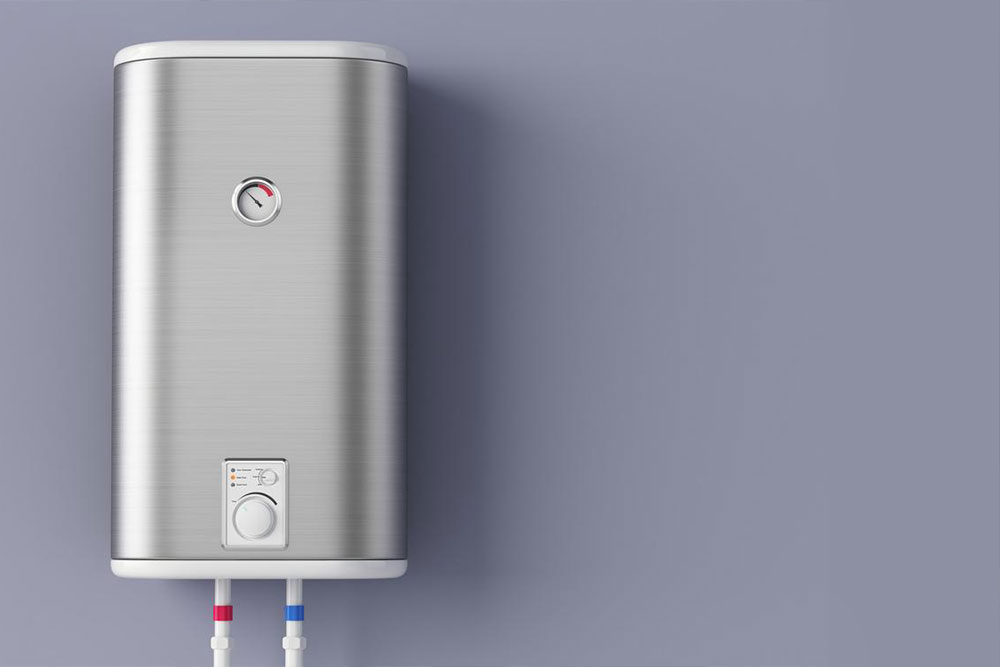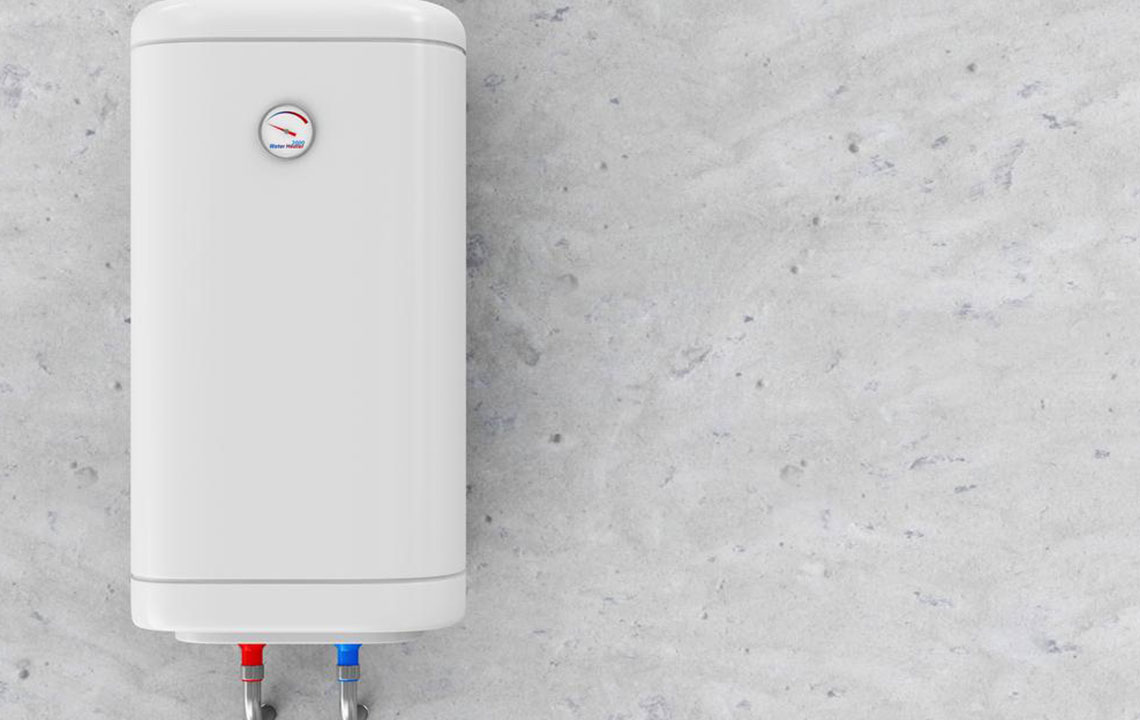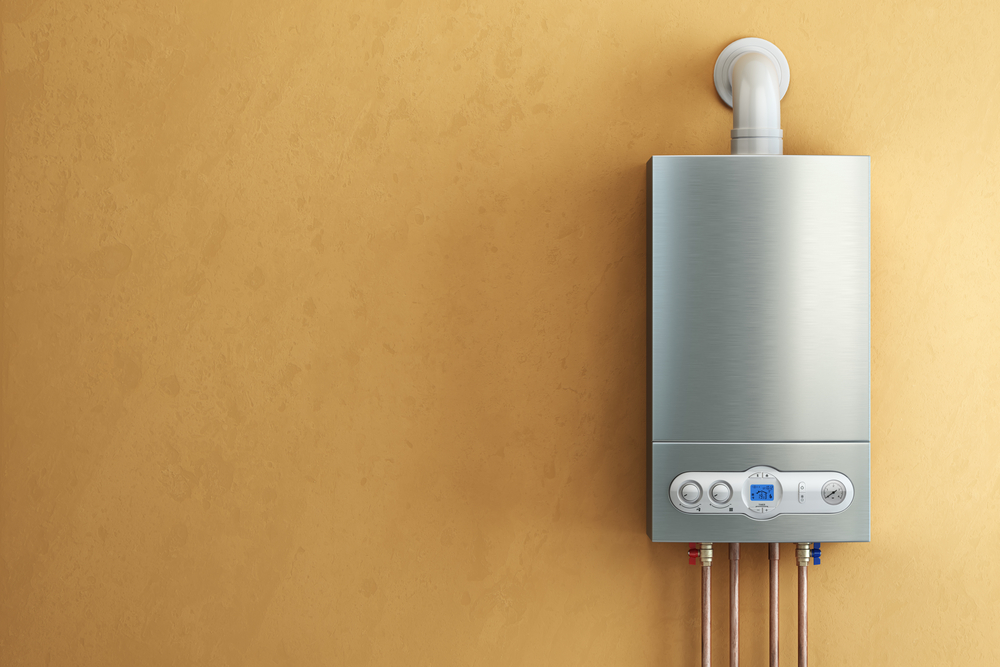Comprehensive Guide to Selecting the Ideal Water Heating System for Your Home
This comprehensive guide explores various water heating systems, including storage tank, tankless, heat pump, solar, and condensing models. It offers detailed insights into each type's features, benefits, and suitable applications, aiding homeowners in selecting the most efficient, cost-effective, and sustainable hot water solutions tailored to their needs. Understanding these options ensures optimal performance, energy savings, and long-term reliability for your household’s hot water needs.
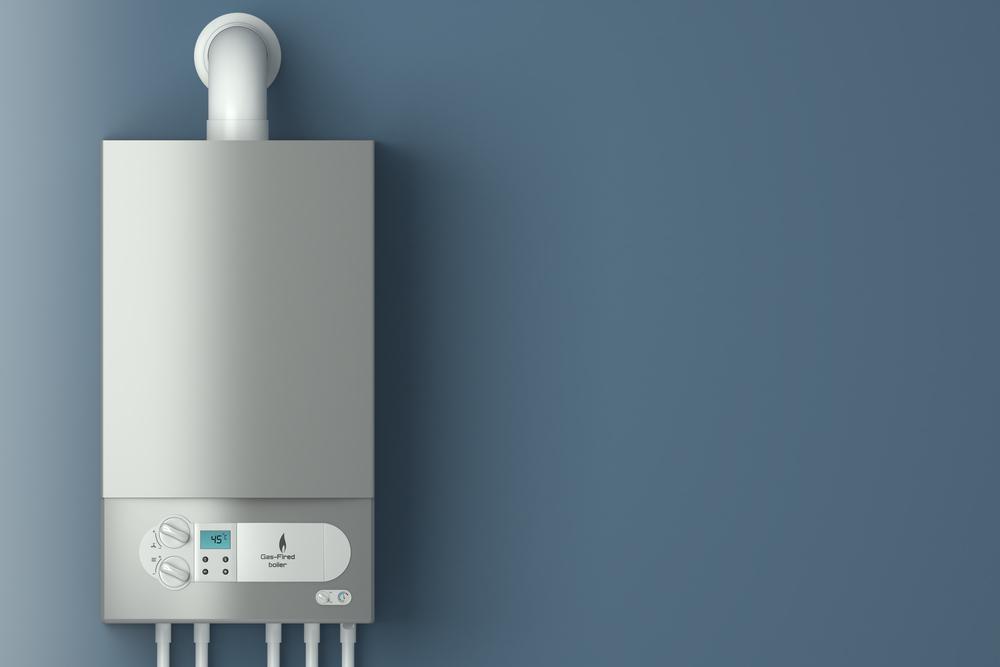
Comprehensive Guide to Selecting the Ideal Water Heating System for Your Home
Ensuring a steady supply of hot water is a crucial aspect of modern living, especially during the cold winter months when cold showers become an unpleasant reality. The key to avoiding this inconvenience lies in choosing an efficient and reliable water heating system tailored to your household's needs. With an abundance of options available on the market, understanding the differences, advantages, and limitations of each type is essential for making an informed decision.
Many factors influence the selection process, including your household size, energy consumption patterns, space availability, initial budget, and long-term savings. While the capacity and energy efficiency of a water heater are critical considerations, other aspects such as installation costs, maintenance requirements, and environmental impact also play significant roles. In this guide, we delve into the most popular and effective water heating systems, providing you with comprehensive insights to help you choose the perfect solution for your home.
Below is an in-depth overview of the common types of residential water heaters, highlighting their features, benefits, and ideal use cases to assist you in making an educated choice.
Storage Tank Water Heaters
These traditional models are the most widely used in homes around the world. They feature large, insulated tanks that store a specific volume of hot water, ready for use at any time. The tanks are equipped with pressure and temperature controls, safety valves, and are powered by either natural gas, propane, or electricity. Gas-powered models are generally more energy-efficient and cost-effective over time. The typical lifespan of a storage tank water heater is about 10 to 12 years, making them a reliable choice for larger families or households with high hot water demands. Their capacity usually ranges from 30 to 80 gallons, providing ample hot water for multiple simultaneous uses such as showers, dishwashing, and laundry.
Tankless Water Heaters
Also known as on-demand water heaters, these units eliminate the need for a storage tank by heating water directly through a high-temperature coil when a hot water tap is turned on. This process results in a continuous supply of hot water, making them highly efficient and space-saving. While the initial installation cost tends to be higher, the operational savings are significant due to reduced energy consumption. Tankless heaters are particularly suitable for households with moderate hot water needs and are most effective with natural gas or propane. However, regular maintenance such as annual descaling is essential to prevent mineral buildup which can diminish performance.
Heat Pump Water Heaters
These innovative units use electricity to transfer heat from the surrounding air or ground to warm the water. They are best suited for moderate climates where outdoor temperatures are not too extreme. Heat pump water heaters are renowned for their energy efficiency, often consuming less electricity compared to traditional electric models. Although their initial purchase price may be higher, the long-term savings on energy bills justify the investment. Proper installation requires sufficient space, including at least 7 feet of clearance for airflow, and they operate quietly yet effectively, making them suitable for indoor use.
Solar Water Heaters
Harnessing the power of the sun, solar water heaters utilize rooftop solar panels to collect and convert sunlight into heat, providing an environmentally friendly and cost-effective hot water solution. These systems are most effective during summer months or in regions with abundant sunlight. Backup energy sources such as electric or gas heaters ensure continuous hot water supply during cloudy days or extended periods of low sunlight. Initially, installing solar panels entails a higher upfront cost, but government incentives and decreasing technology prices are making solar increasingly accessible. However, their performance is limited in colder regions where sunlight exposure is minimal or inconsistent.
Condensing Water Heaters
Designed primarily for family-sized homes with high hot water demand, condensing water heaters operate using natural gas and are capable of heating up to 55 gallons of water daily. These units incorporate condensers that capture and reuse gases that would normally escape into the atmosphere, significantly enhancing overall energy efficiency. This process not only reduces fuel consumption but also lowers operational costs, making condensing models a cost-effective and eco-friendly choice for large households or commercial applications. Their high efficiency and durability make them a popular choice for those seeking reliable, long-lasting water heating solutions.
In conclusion, choosing the right water heating system requires a careful assessment of your household’s specific needs, local climate conditions, budget considerations, and long-term energy savings. By understanding the features and capabilities of each type, you can select a system that ensures comfort, efficiency, and sustainability, providing hot water when you need it the most.
